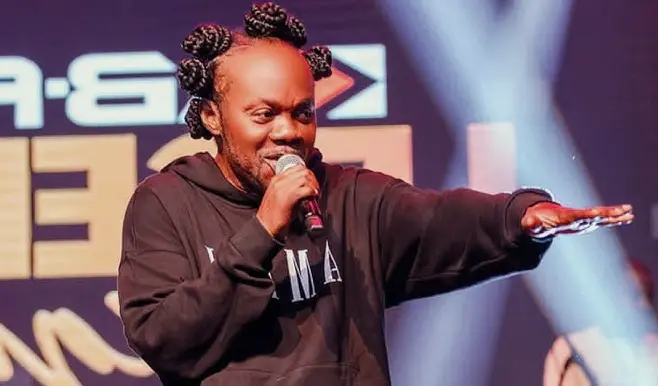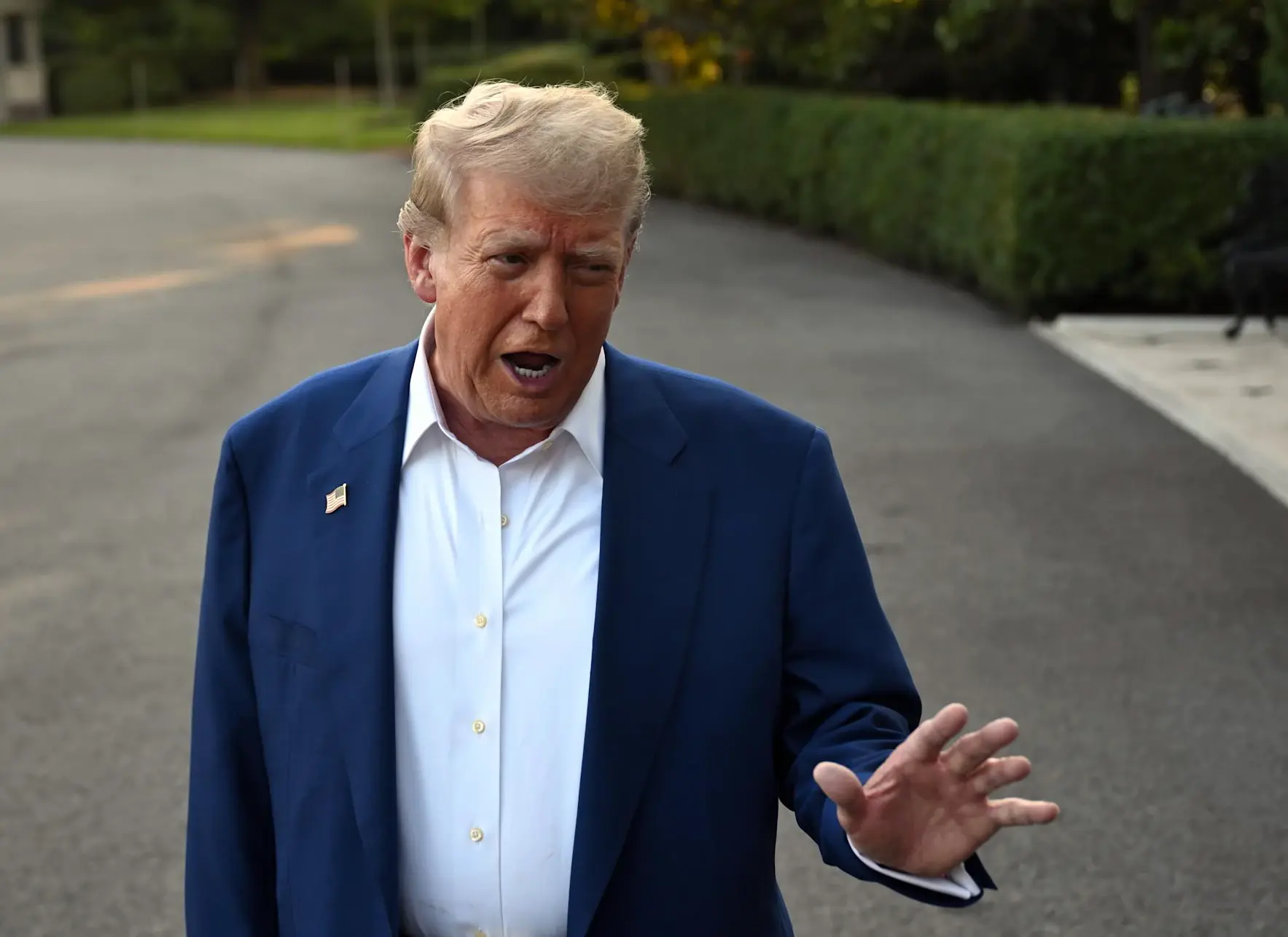
Highlife Legend Daddy Lumba Dies at 60
The Highlife King's Final Bow: Daddy Lumba's Life, Legacy, and Last Days
Ghana is in mourning. On Saturday, July 26, 2025, the music world lost one of its brightest stars, Charles Kwadwo Fosu, universally known as Daddy Lumba (DL).
He was 60 years old. His passing marks the end of an era, but the powerful notes of his over three decades of music will resonate forever.
From School Choir to Highlife Royalty
Born in Nsuta, Ashanti Region, in 1964, Daddy Lumba’s musical journey began early. Even as a student at Juaben Senior High, his talent shone through as the choir leader. It was there he first formed the "Lumba Brothers" with friends and his high school sweetheart, Theresa Abebrese, who would later be immortalized in one of his classic songs.
His real breakthrough came after he moved to Germany. There, he joined forces with Nana Acheampong, and together, they brought the "Lumba Brothers" name to life again.
Their 1989 debut album, "Yɛɛyɛ Aka Akwantuo Mu," wasn't just a collection of songs; it was a heartfelt story of Ghanaians living abroad, full of raw emotion and catchy rhythms that immediately captivated the nation.
This album cemented Lumba's unique blend of versatility and undeniable talent.
A Solo Revolution and a Hit-Making Machine
When the Lumba Brothers went their separate ways, Daddy Lumba launched his solo career with "Obi Ate Meso Buo" (1990). This album was an instant sensation, giving us not only the title track but also the deeply personal "Theresa," a beautiful tribute to his first love.
From then on, Lumba became a force of nature, churning out anthem after anthem. Albums like "Sika Asem," "Playboy," "Sesee Wo Se," "Odo Foforo," and the explosively popular "Aben Wo Ha" (1998) dominated the airwaves. "Aben Wo Ha" even won Song of the Year at the 2000 Ghana Music Awards, proving that Lumba knew exactly how to connect with the hearts of Ghanaians, even with his playful and sometimes controversial lyrics.
Beyond the Mic: A Mentor and Industry Pioneer
Daddy Lumba's genius wasn't just about his own performance. He was a true star-maker, a generous mentor who helped launch the careers of many artists who would become legends themselves. Think of names like Ofori Amponsah, Felix Owusu, and Ateaa Tina – all owe a debt to DL. His collaboration with Ofori Amponsah on the 1999 album "Woho Kyere" produced five massive hits and rocketed Ofori into the limelight.
He was also a shrewd businessman. At a time when the Ghanaian music industry was still finding its footing, Lumba took a bold step: he set up his own studio, controlling everything from recording to duplication. This innovative move gave him unparalleled creative and business control, setting a powerful example for future independent artists in Ghana. Even his recent venture, DLFM 106.9, a radio station focused on promoting Ghanaian music, showed his lasting dedication to the industry.
A Legacy That Will Never Fade
Daddy Lumba's career spanned nearly four decades, resulting in an incredible discography of over 30 albums and more than 200 songs. He embraced controversy, effortlessly moving from deeply spiritual gospel albums to tracks with playful or provocative lyrics. This "controversial genius" only added to his mystique, making him a household name beloved by all ages.
His influence was global. King Charles III himself included Lumba's "Mpempem Do Me" on a Commonwealth Day playlist in 2025, placing him alongside music giants like Beyoncé and Bob Marley. He won numerous Ghana Music Awards, including Artist of the Year in 2000, the EMY Africa Icon Award in 2018, and Ghana's prestigious President's Grand Medal in 2024.
The Final Chapter: How We Said Goodbye
Daddy Lumba passed away in the early hours of Saturday, July 26, 2025, at The Bank Hospital in Cantonments, Accra. He had been admitted for several days, receiving treatment for an undisclosed brief illness. While the exact nature of his illness has not been made public by his family, it was a sudden turn that brought his remarkable journey to an end.
News of his death sent shockwaves across Ghana and the diaspora, with tributes pouring in from fans, fellow artists, and national leaders. His family has appealed for privacy during this incredibly difficult time, as they, like the rest of the nation, grapple with the immense loss.
Daddy Lumba didn't just make music; he wove himself into the fabric of Ghanaian culture. He leaves behind an unparalleled legacy of innovation, inspiration, and timeless melodies that will continue to move hearts and souls for generations to come. He was, and always will be, the "Highlife King."
Leave a comment
Your email address will not be published. Required fields are marked *


